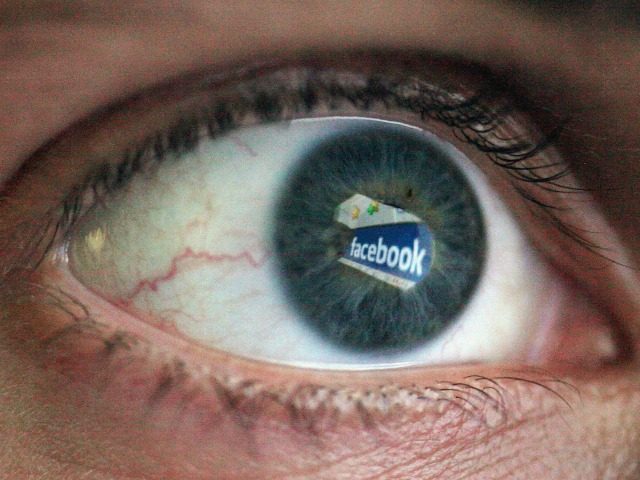Journalists working for Facebook as part of the company’s fact-checking initiative claim the site’s fact-checking tools have failed and the entire operation was simply a PR campaign.
The Guardian reports that journalists working as fact-checkers at Facebook are not impressed with the company’s efforts to suppress “fake news” on their platform. Fact-checkers have expressed their dismay at how Facebook has handled the issue of fake news, with some fact-checkers worrying that their paid relationship with the tech giant could lead to a conflict of interest. Facebook has also reportedly refused to disclose any information on their efforts to crack down on misinformation across their platform.
One fact-checker spoke to the Guardian anonymously about their work at Facebook, saying:
I don’t feel like it’s working at all. The fake information is still going viral and spreading rapidly. It’s really difficult to hold [Facebook] accountable. They think of us as doing their work for them. They have a big problem, and they are leaning on other organizations to clean up after them.
It was announced in December of 2016 that Facebook would be partnering with companies such as ABC News, Snopes, and Politifact in an attempt to crack down on “fake news” on the platform. Articles containing questionable content would be flagged and a tag would be added to the article reading “disputed,” linking readers to articles discrediting the original fake news. It was later reported by the Guardian that Facebook’s efforts to flag fake news were failing.
One fact-checker said that it was quite rare to see a “disputed” tag added to an article, even following a lengthy review process. Fact-checkers had questions relating to how often the tags were attributed to an article, what effect it had on content on Facebook’s platform, and which websites received the most “disputed” tags, but Facebook failed to provide any of this information.
Alexios Mantzarlis, director of the International Fact-Checking Network at Poynter who was in charge of verifying the fact-checkers used by Facebook, said, “We’re sort of in the dark. We don’t know what is actually happening.” Mantzarlis went on to say that there “are a lot of people at Facebook who really care about this” but added, “the level of information that is being handed out is entirely insufficient… This is potentially the largest real-life experiment in countering misinformation in history. We could have been having an enormous amount of information and data.”
A Facebook spokesperson told the Guardian that once an article is flagged as false, it’s impressions drop by as much as 80 percent. “Our work with third-party fact-checkers is not just meant to educate people about what has been disputed – it also helps us better understand what might be false and show it lower in News Feed,” the Facebook spokesperson told the Guardian in an email, adding that the data helped algorithms to “more quickly and accurately detect future false stories.”
One fact-checker claimed that it was clear that Facebook was opposed to hiring a number of journalists internally to fact-check content posted on the platform:
The relationship they have with fact-checking organizations is way too little and way too late. They should really be handling this internally. They should be hiring armies of moderators and their own fact-checkers.
Another third-party fact-checker stated that they felt that due to the fact that they were being paid by Facebook, it created a conflict of interest, as paid fact-checkers were unable to investigate or report on how Facebook deals with fake news internally:
“By offering this money, which journalistic outlets desperately need, it’s weakening our ability to do any fact-checking of these disinformation purveyors like Facebook,” said one third-party factchecker. “They are basically buying good PR by paying us.”
The same fact-checker claimed that the any Facebook users could easily still purchase ads that may spread misinformation and that Facebook “have been and will continue to take money to spread disinformation.” The fact-checker added, “They’re trying their best not to affect their bottom line.”
Lucas Nolan is a reporter for Breitbart News covering issues of free speech and online censorship. Follow him on Twitter @LucasNolan_ or email him at lnolan@breitbart.com.

COMMENTS
Please let us know if you're having issues with commenting.